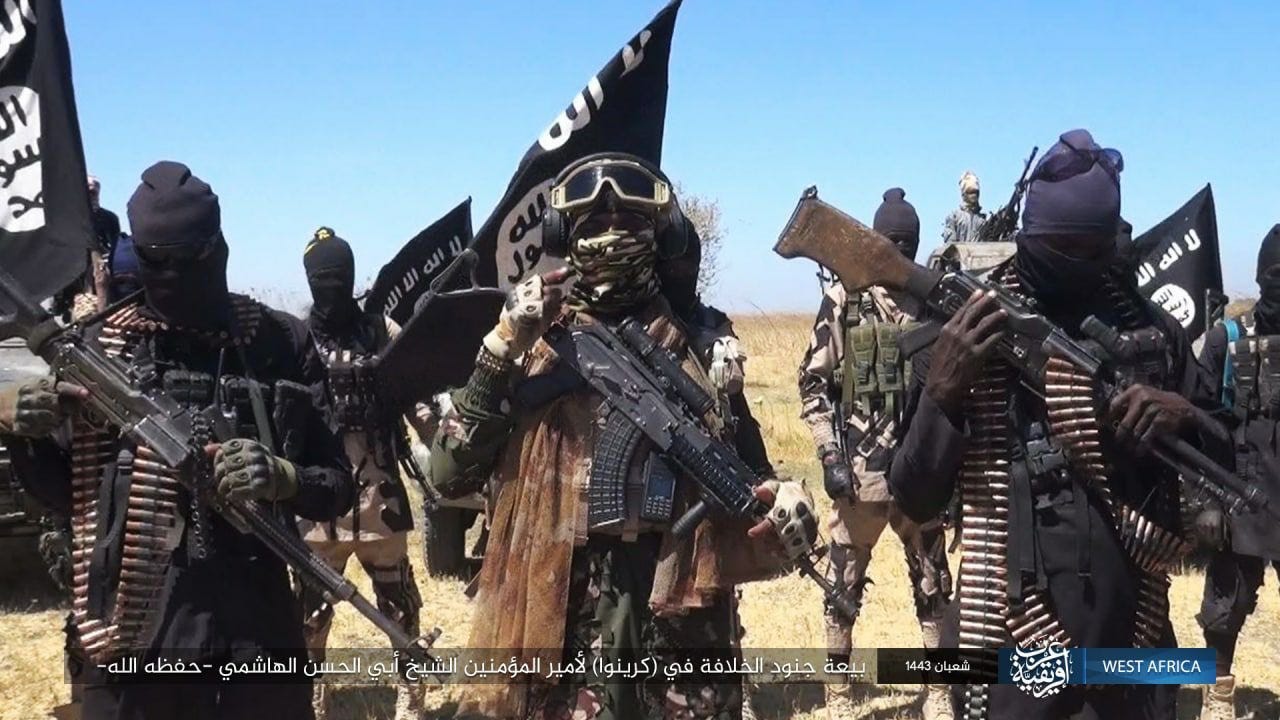Islamic State Attack in Cameroon is Part of Greater Trend of Jihadi Violence Against Christians in Africa
Just two weeks after the massacre in the St. Francis Xavier Church in Owo city, Nigeria, in which between 40 and 80 people were killed, armed militants again targeted Christians—this time in neighboring Cameroon. Unlike the Nigeria attack which went unclaimed, the Islamic State’s West Africa Province (ISWAP) took responsibility for the latest attack.
According to Islamic State’sAmaq News Agency, members of the jihadist group attacked the villages of Naghurmi and Grama on Friday, June 17th, in the northern region of Kousseri. During the attack, the ISWAP militants killed six Catholics, including two priests. Along with the murders, the militants burned their victims’ homes and one church.
Cameroon has been facing a jihadist insurgency since at least 2014, as a spillover of the crisis in neighboring Nigeria. Since then, 322,000 people have been displaced from their homes. Initially, the group aimed to establish supply lines, and a safe haven in Cameroon, in order to launch cross-border operations into Nigeria. Due to this, both countries have been pursuing security coordination to fight the insurgents.
ISWAP attacks in Cameroon could be traced back to 2015 when Boko Haram pledged allegiance to the Islamic State-core group in Syria and Iraq (Boko Haram fighters later parted with the Islamic State). Among other attacks, the Islamic State attacked a position held by African Coalition troops in the town of Maltam, back in January. In July 2021, the group killed 6 Cameroonian soldiers. ISWAP mainly focuses on Cameroonian military and security forces targets, though it also targets civilians, and primarily operates in the Lake Chad region.
Currently, groups like Boko Haram and the Islamic State operate in the Cameroon and Nigeria border regions. In the south, Cameroon faces a rift between Anglophone and Francophone groups, and in the north, there are additional ethnic tensions. Other groups operating in the region include the self-proclaimed Interim Government and the Ambazonia Governing Council, which claimed regional independence from Cameroon. Bandits are also active in the area. Vigilante groups opposing jihadists are likewise present in the country.
The Islamic State has been famous for its atrocities against Christians, making headlines for its deeds in 2014 when it expelled Christians from Mosul and overran the Niniveh Plains in Iraq. Although it has not received the same level of media coverage, the group has been applying the same methods in Africa. This goes back to around 2015, when some groups in Libya and Egypt pledged allegiance to Abu Bakr al-Baghdadi, then leader and caliph of the Islamic State. They began their anti Christian violence launching a video depicting the brutal execution of 21 Coptic Christians on the shores of Libya. It was followed by another massacre in Libya of tens of Ethiopian Christians, also recorded on video. Since then, the Islamic State has placed a great part of its focus on Christian minorities throughout Africa, in places such as Egypt, Nigeria, Mozambique, Congo, and elsewhere. Some of the best-known examples are the 2017 campaign against Copts in Egypt or the videotaped executions of Christians in Nigeria as revenge for the slain leaders of the Islamic State. The targeting and persecution of Christians in Africa has increased.
In the wake of the destruction of the physical caliphate in Iraq and Syria, the Islamic State has continued to find fertile ground in Africa, exploiting local and regional grievances. Recently, the US-led Global Coalition to Defeat ISIS acknowledged the group was quickly gaining ground in Africa. Sub-Saharan Africa accounted for 48 percent of global terrorism deaths in 2021. According to some estimates, the Islamic State has around 5,000 fighters in Niger, Nigeria, and Cameroon border. Recently, in mid-June, the Islamic State put out a call to migrate to Africa, like it did back in 2014 with the proclamation of the Middle East caliphate.
Inter-denominational Christian ministry, Release International, has mentioned West Africa and the Sahel as 2022 persecution hot spots, specifying Nigeria and Burkina Faso as countries of concern. Catholic NGO Aid to the Church in Need mentions 4,200 terror related casualties in the region. Executive President of ACN has said that the situation of Christians deteriorated since 2020, and has called Africa “The Continent of the Martyrs”.




good piece of analysis and a reminder that ISIS is still a serious jihadi force to be reckoned with